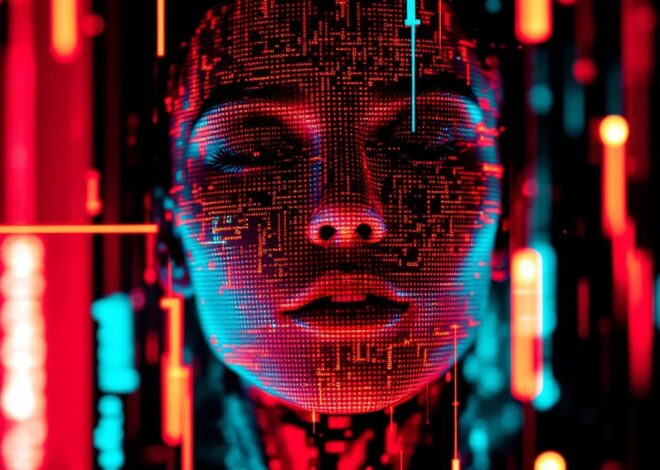
Navigating AI Ethics and Bias: A Critical Discussion
Artificial intelligence (AI) has become an integral part of modern technology, but its rapid integration raises significant ethical concerns, particularly regarding bias. Here are some key aspects of the ongoing discussions on AI ethics and bias:
-
Bias in AI Systems: AI algorithms can inherit biases from the data used to train them, leading to discriminatory outcomes. For example, facial recognition systems often struggle with demographic accuracy, and hiring algorithms can perpetuate gender biases26. Addressing these biases is crucial to ensure fairness and equity in AI-driven decision-making.
-
Ethical Considerations: Ethical frameworks are being developed to guide AI development, emphasizing transparency, accountability, and human oversight. Companies must define their ethical standards for AI and identify gaps in current practices to mitigate risks35.
-
Real-World Implications: AI bias can have profound impacts on society, affecting areas like healthcare, education, and law enforcement. For instance, AI in healthcare might misdiagnose patients from underrepresented groups, while predictive policing algorithms can lead to biased practices48.
As AI continues to evolve, ongoing discussions on ethics and bias will remain critical in shaping its impact on society.
For more information on AI ethics and bias, you can explore the following resources:
-
AI Ethics Concerns: Georgia Tech discusses pressing AI ethics concerns, including bias and injustice.
-
Bias in AI: Chapman University provides insights into types of bias in AI and strategies for mitigation.
-
Responsible AI Development: ISO highlights the importance of addressing bias and ensuring transparency in AI systems.



